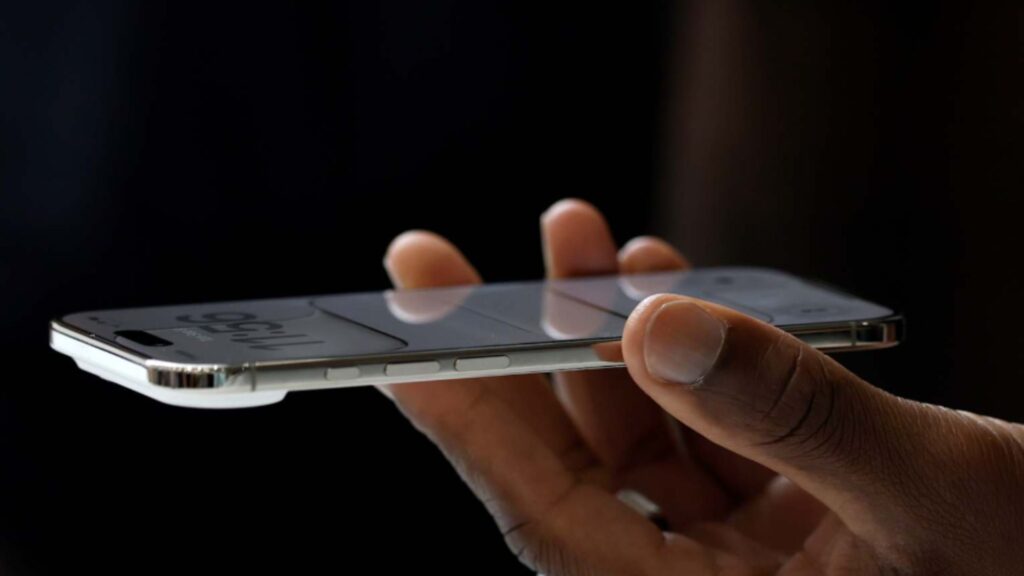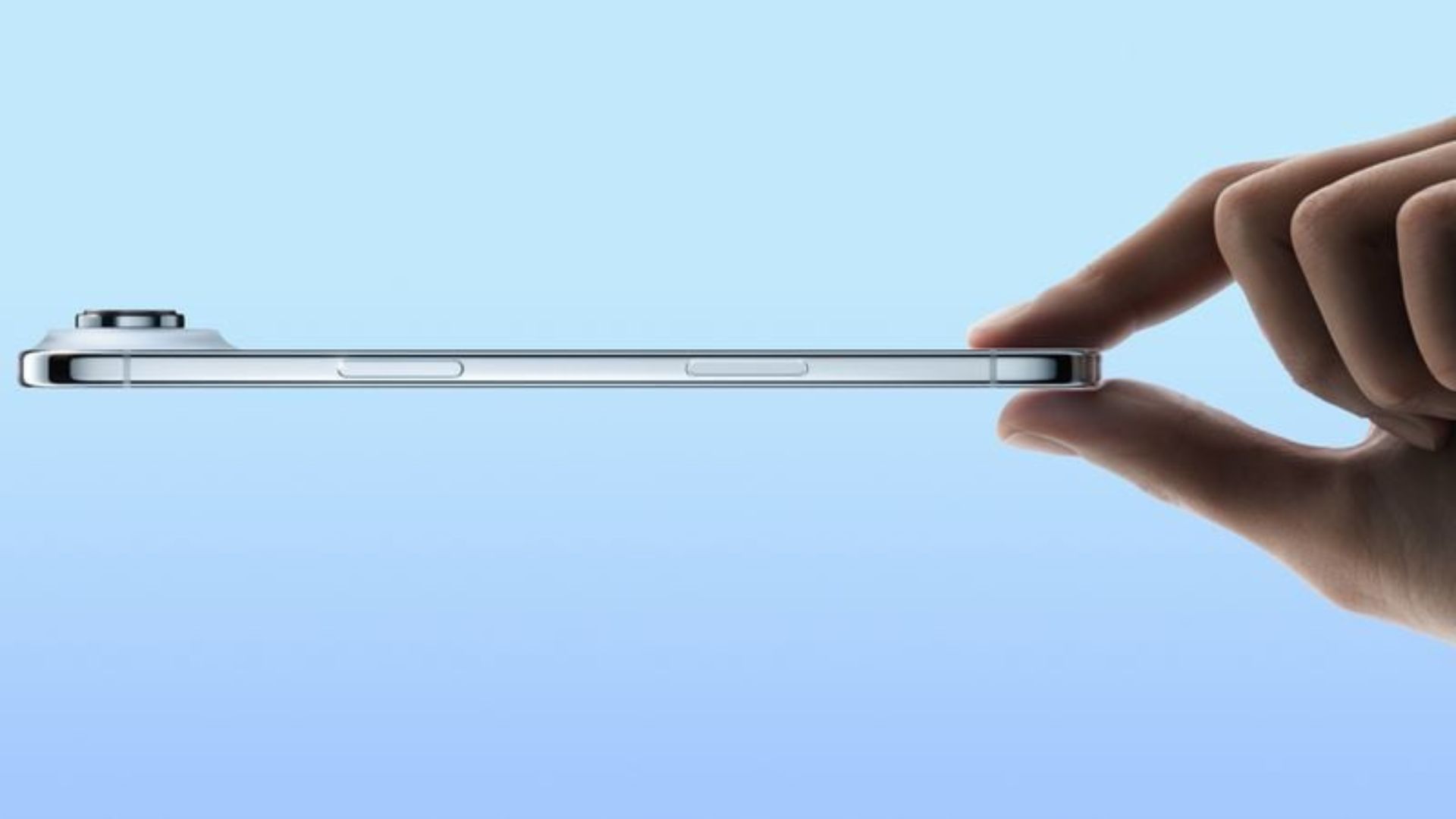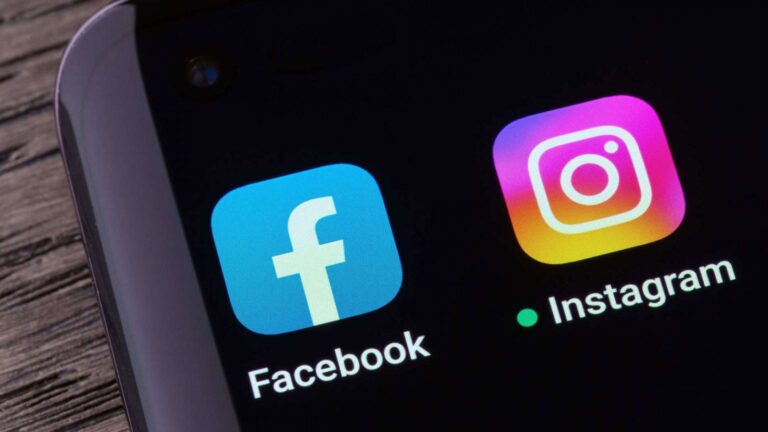
Apple CEO Tim Cook visited Corning’s Kentucky facility on Friday to address concerns about the iPhone Air’s battery life despite its groundbreaking 5.6mm thinness. In an interview with CNBC’s Jim Cramer, Cook explained that by adopting an eSIM-only design, Apple eliminated the physical SIM tray and reclaimed internal space to accommodate a larger battery. “The battery life is great. You’re going to love the battery life,” Cook said, emphasizing that engineering the device “from the inside out” enabled Apple to extend the battery into areas previously occupied by the SIM card slot (CNBC).
The iPhone Air houses a 3,149 mAh battery, achieving up to 27 hours of video playback and 22 hours of streaming—matching the performance of the thicker iPhone 16 Pro. To further enhance endurance, Apple has released a dedicated $99 MagSafe battery pack for the iPhone Air, which boosts video playback to 40 hours, giving users confidence that the ultra-thin form factor does not compromise daily usability (MacRumors).
Market Impact and Design Philosophy
Priced at $999, the iPhone Air represents Apple’s boldest redesign in eight years, positioned between the standard iPhone 17 and iPhone 17 Pro models. Industry analysts at Morgan Stanley noted that they “were more impressed with the look and capabilities of the Air than we expected to be,” predicting strong upgrade cycles among users prioritizing sleek design without sacrificing performance. The device’s combination of thinness and battery endurance highlights Apple’s ability to push engineering boundaries while maintaining practical functionality.
However, the eSIM-only approach has led to regulatory challenges in China, where Apple delayed the iPhone Air’s launch pending government approval of eSIM technology. The regulatory hold-up underscores the trade-offs inherent in cutting-edge design: while the thin profile and enhanced battery appeal to consumers globally, regional variations in digital infrastructure can affect rollout strategies (Nasdaq). Apple’s success with the iPhone Air battery may pave the way for future ultra-thin devices, including the anticipated foldable iPhone.











